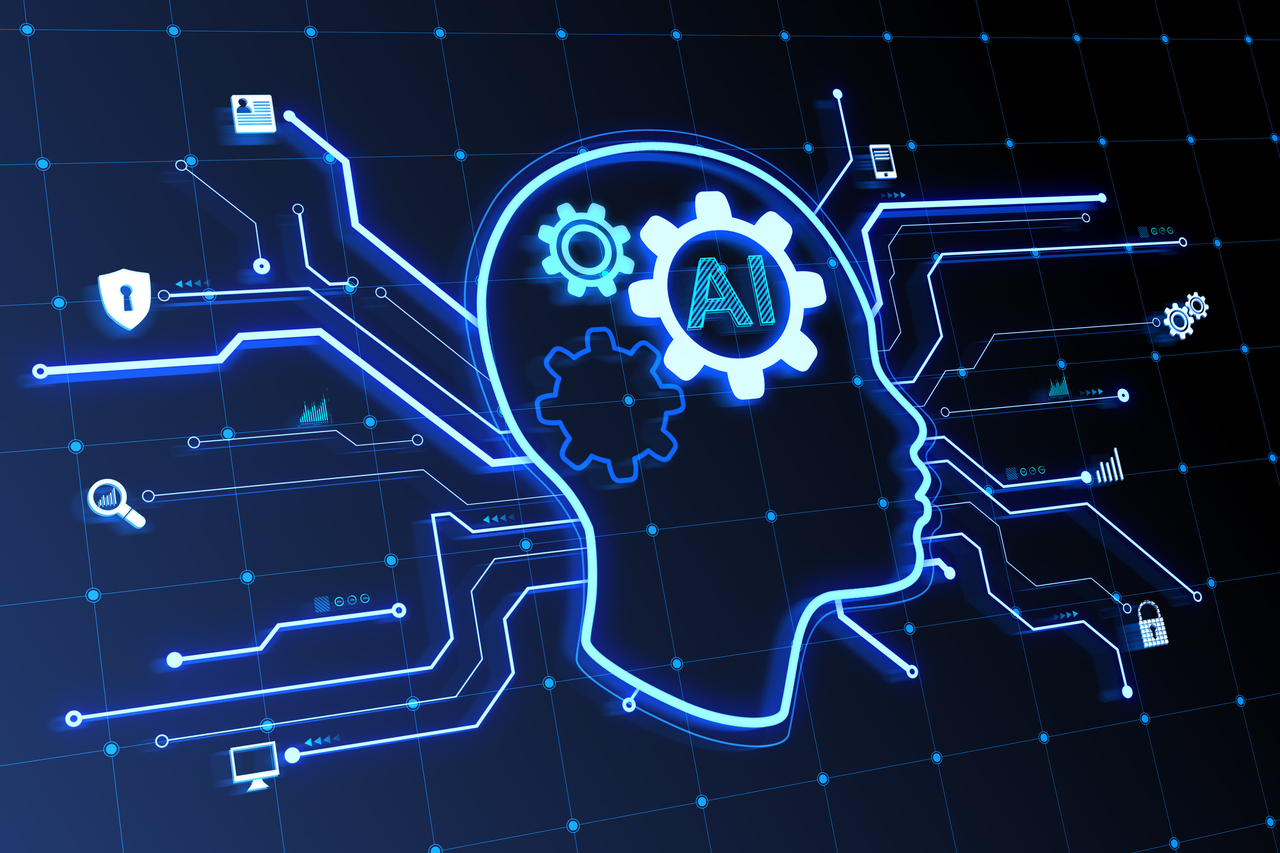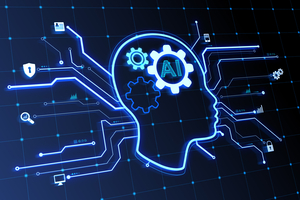 AI and chart GPT concept. (123rf)
AI and chart GPT concept. (123rf) South Korea has unveiled an ambitious economic strategy that places artificial intelligence and deep tech at the center of its growth agenda, pledging massive fiscal and regulatory support to accelerate a sweeping AI transformation and 30 national innovation projects.
“Artificial intelligence is our only breakthrough that can reverse the decline in growth,” the government said in a press release, projecting that aggressive AI adoption could lift productivity by as much as 3.2 percent and expand GDP by up to 12.6 percent.
The plan, announced Friday by economy-related ministries, comes as the country faces a steep decline in its potential growth rate, squeezed by an aging population and eroding global competitiveness.
At the heart of the plan are 15 AI-centered projects designed to embed intelligent systems across manufacturing, services and government. These include humanoid robots for logistics and manufacturing, autonomous vehicles and ships, AI-powered home appliances, drones for firefighting and agriculture, and AI-enabled factories that combine robotics with process optimization.
The government will also back AI semiconductors for on-device computing and revamp the public sector with systems for welfare delivery, tax compliance and faster drug approvals.
For instance, AI will screen pharmaceutical submissions to cut approval times and retool the tax system with automated filing and fraud detection.
The country also plans to invest in data centers, a national AI computing hub and 6G hyper-AI networks.
A handful of elite domestic research teams will receive concentrated support to develop Korean AI foundation models, while universities will expand AI training from elementary school to the Ph.D. level.
15 deep-tech and energy projects
The 15 “super-innovation economy” projects target advanced materials, energy resilience and new industries.
These include:
Independent liquefied natural gas cargo hold technology to reduce reliance on foreign designs in Korea’s world-leading shipbuilding sector
Superconductors for MRI, fusion and quantum computing
Graphene for high-performance batteries, sensors and cooling systems
Special steels for shipbuilding, cars and renewable energy
On the energy front, projects include next-generation solar cells, offshore wind turbines with high-voltage direct current transmission, green hydrogen and small modular reactors, as well as AI-driven smart agriculture and fisheries to bolster food security. Korea will also develop 10 cm-resolution satellites for climate monitoring and disaster response.
Consumer-driven initiatives aim to globalize Korea’s strengths under a “K-Boom Up” theme. These include AI-enhanced biotech and pharmaceuticals, AI-powered content such as games and webtoons, K-beauty clusters for cosmetics exports and K-food strategies to penetrate halal markets and expand global distribution.
To finance this transformation, Seoul will establish a “National Growth Fund” of more than 100 trillion won ($74 billion), pooling capital from public sources, pension funds and private investors. The fund will channel low-interest loans and equity investment into AI and strategic industries, while ensuring that “growth dividends” are shared with citizens.
The projects will be overseen by cross-ministry task forces, with industry as the lead driver. Companies will take the front line, supported by ministries coordinating regulation, infrastructure and manpower while the finance ministry provides backing.
hnpark@heraldcorp.com
